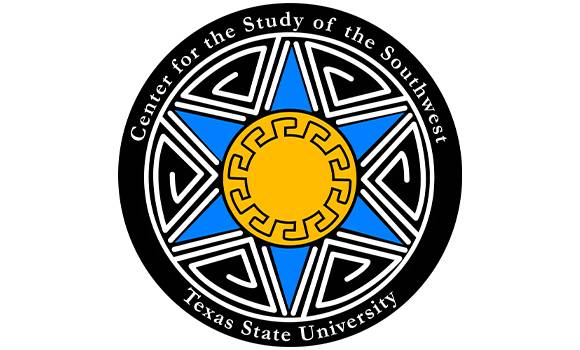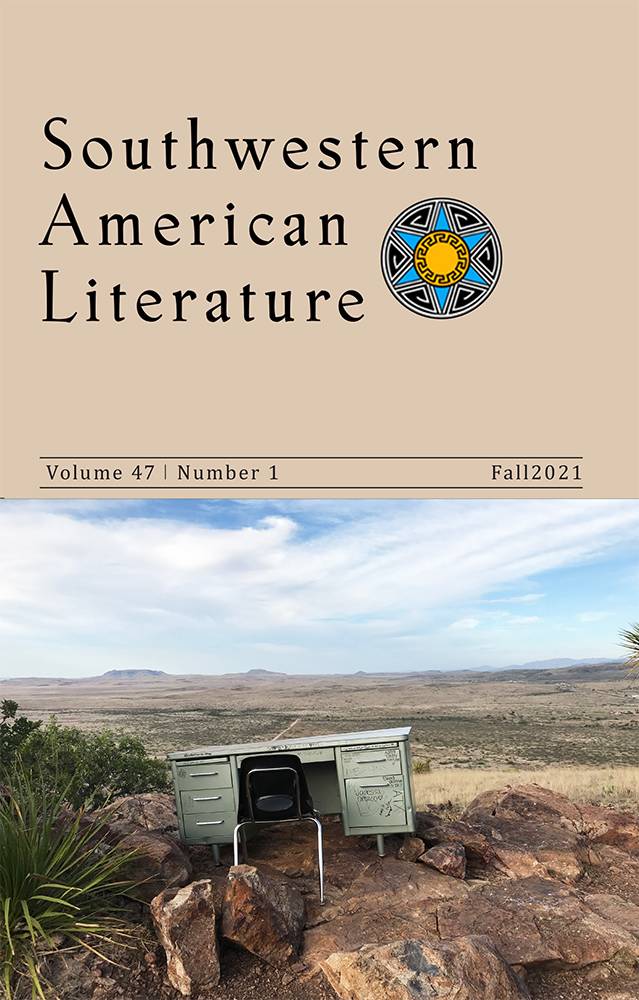What We Lost in the Pandemic | Editor, William Jensen
People say the pandemic is over. Mask mandates have been lifted, social distancing is a weird memory, and classes are back in session. People are eating at restaurants and going to concerts and movies again. Things are almost normal. Yet a sense of dread remains. I don’t want to be a downer, but I think it is important for us to acknowledge our grief. Everyone was affected. Not all everyone survived. Some of us lost friends and colleagues and loved ones. Some of us got really sick and had to be hospitalized. We all lost years, precious years we can never have again. Now there are the lingering side effects. Long COVID. There’s fatigue and malaise. There’s respiratory and heart-symptoms. Some have neurological and digestive symptoms, too. The list goes on. Sadly, just because we not in lockdown, it doesn’t mean that COVID isn’t still with us.
I hope we can move forward. I hope we never forget how bad it really was. I hope we can heal and recover. I hope the children who had to stay home can socialize and play and smile without worry. I hope we never face another plague again.
During the middle of the pandemic, I spoke on the phone with our program coordinator, Tammy Gonzales, and I tried to put on a brave face and said, “We’re going to keep a stiff upper lip. We’re going to go to work.” It seemed like the right thing to say at the time. But the truth was I was terrified. The world was crumbling, and the future looked like a black tornado twisting and clawing its way closer. I don’t know if future generations will comprehend how much fear we endured. I’m not even sure we realize how afraid we were or should have been.
So now what?
Pick up and move on? Act like nothing happened? Just forget it?
I can’t do that. We lived through history. Almost seven million died. Just over a million of those deaths were in the United States alone. The statistics alone should take our breath away. 620,000 died in the Civil War. Think about that.
I know this is the point where I would typically spin the narrative into what events the Center for the Study of the Southwest has sponsored, what great writers are featured in this issue—and our contributors deserve recognition—but if you’re reading this, I ask you to take a minute. One full minute. Set the journal down and sit in silence and reflect on the past three years. Think of what was endured. What was lost. What was wasted. What was stolen.
This issue of Southwestern American Literature is not focused on the pandemic or COVID, but I think of it as being published in a special time when all can decompartmentalize and rest and finally start to rebuild and repair.
Healing is a type of theme throughout this issue. You’ll find memorable pieces in these pages. Rachelle Scott’s short story, “Sometimes They Sound Like Women,” is an intense look at an individual trying to get her life back in order in the Big Bend Country of Texas where the Chihuahuan Desert mirrors her mind and her soul. There is some wonderful poetry by Rubeena Anjum, Carol Hamilton, Lynn Gilbert, Mark Katrinak, H. Russell Smith, Jean Varda, Clarence Wolfshohl. Some of these poems ponder landscape and history; some meditate on relationships and emotion amid the saguaros and canyons of the region. Take a look. Be prepared. You will be moved. There are reviews of Tony Hillerman’s biography, and the latest collection of poetry of the Poet Laureate of Albuquerque, Hakim Bellamy, too. Be sure to stay up to speed with the new writers emerging from the Southwest and Northern Mexico.
The next edition of Southwestern American Literature is planned to be a double-issue and packed with scholarship, fiction, poetry, and book and film reviews. Hopefully, it will be a turning point for everyone involved with the journal and the Center for the Study of the Southwest. We’re ready to move on. We’re ready to be done with COVID and are optimistic for everything out there to read and learn and discuss about our favorite pocket of the world. Despite all the pain and fear endured during the pandemic, I remain confident and in love with life. I hope you, gentle reader, are positive, too. There’s still plenty to enjoy. We hope you enjoy this issue of Southwestern American Literature.


